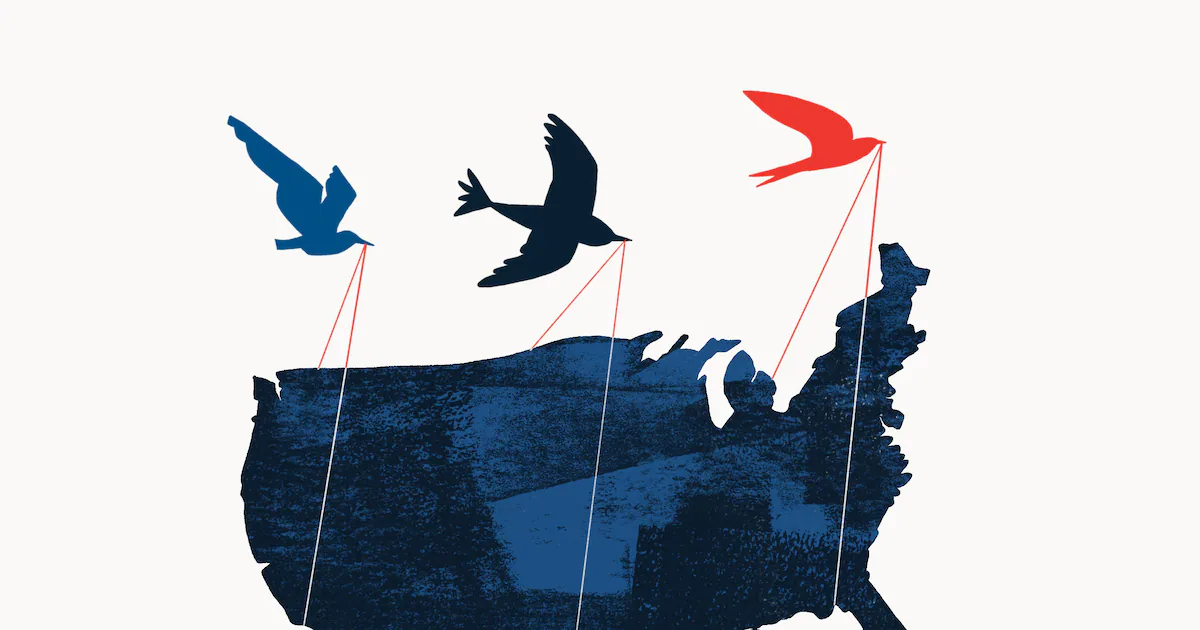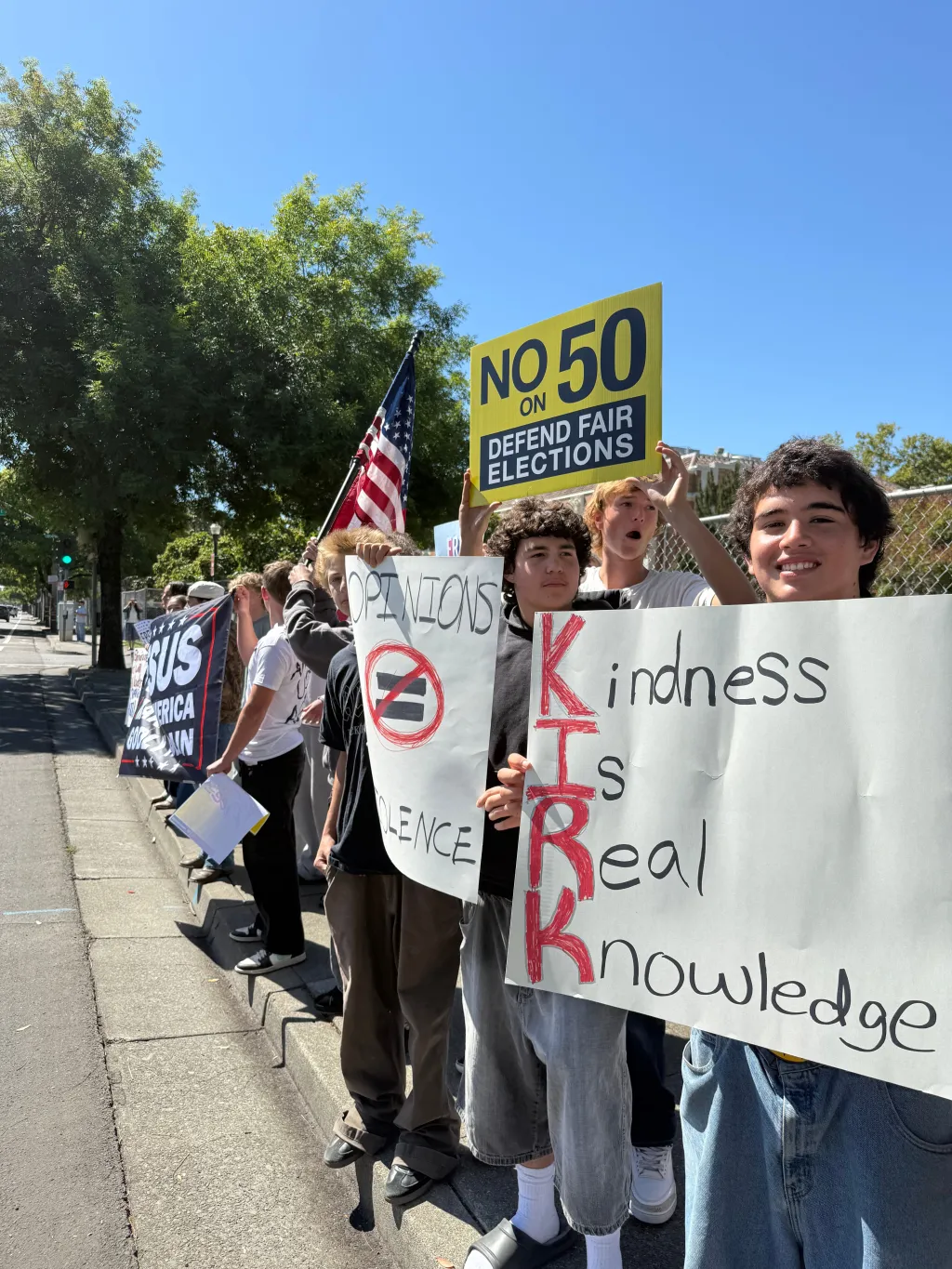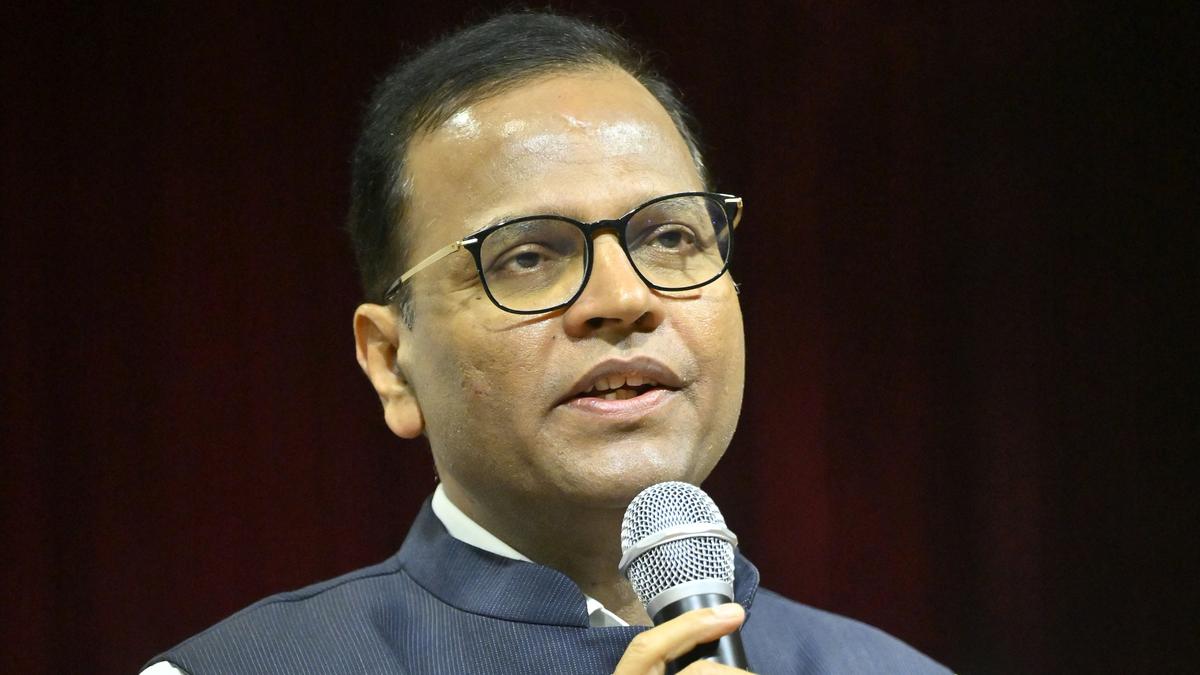
At midday on Sept. 10, I walked with visiting JROTC cadets through Utah Valley University’s Sorenson Center, past windows overlooking the crowd gathered to hear Charlie Kirk, and into the ballroom for a luncheon. The Center for Constitutional Studies was hosting the cadets to celebrate Constitution Day and the 250th anniversary of the American Revolution.
The students participating in these events were by all appearances undisturbed by the vastly different political convictions on display that morning. I remarked to one of our guests that it was a picture of American civil liberty, something the Center was proud to play a role in cultivating on campus.
But before lunch was over, a man had been gunned down, apparently for nothing more than uttering ideas and arguments with which his killer disagreed, a direct and brutal rejection of the basic principles that govern a free society. An outpouring of essays have eulogized Charlie Kirk. Even many of his erstwhile critics agree that his approach to civic discourse was underappreciated and exceptional in the growing atmosphere of incivility and intolerance.
Subsequent coverage has highlighted the growing tendency among college students to express approval of violence in response to speech with which they disagree. Even more alarming, the problem isn’t unique to universities. All but the oldest generation of Americans are increasingly prone to express hatred of their opponents and to look with approval on the use of political violence.
We need solutions. And while it is intuitive to treat the navigation of political disagreement as a set of skills, the truth is that civic discourse is an exercise of virtues, foremost among them courage and civic charity.
It takes courage to enter the lists of public debate. Human beings fear disapproval. They fear being ostracized for their unorthodox opinions. Alexis de Tocqueville warned that self-censorship in the face of public opinion is a social force that rivals government coercion as a restraint on free thought. Engaging fellow citizens in debate, if it is going to persuade and edify, likewise requires civic charity — “the deliberate setting aside of one’s own interests for the sake of others and of the nation.” It is the recognition of fellow citizens as part of “the people,” the community engaged in the common endeavor of self-government under law.
There is a reciprocal duty at work in civic charity. If we would be heard, we must listen and we must speak as we would be spoken to. We must do as we would be done by. Enmity deals in retaliation while civic charity deals in reciprocation and generosity.
The courage and civic charity essential to the health of our republic are sorely lacking. The notion that speech is violence has done incalculable harm in this regard, undermining what little reserve of civic charity Americans possess, for it tragically misconstrues courage and civic charity as hatred.
Our most sensitive disagreements consist in the claim that certain conduct is harmful or morally reprehensible. A speaker advancing these claims might very well be motivated by a concern for the well-being of their fellow citizens and the community they share. Yet the hearer who has been taught that speech is tantamount to violence, when confronted with these claims, sees hatred rather than charity and hostility rather than courage.
Civic charity is especially hard to come by because it requires an underlying unity. Our best chance for finding a civic common ground is our constitutional tradition. The principles of the Declaration of Independence and our long struggle to adhere to them through the enduring framework of the Constitution are a pre-partisan inheritance for all Americans.
Reinvigorating the study of our country’s Founding and of our tradition of constitutional self-government must be a central pillar of any meaningful solution to our current divisions. Recent studies make clear that civic literacy — knowledge of our institutions and history — is a powerful driver of willingness to interact civilly with political opponents.
If we are going to weather our political divisions as a single people, we must both understand our constitutional tradition and cling to it. Our institutions of higher education must take responsibility for doing that work — something they have too long neglected.



